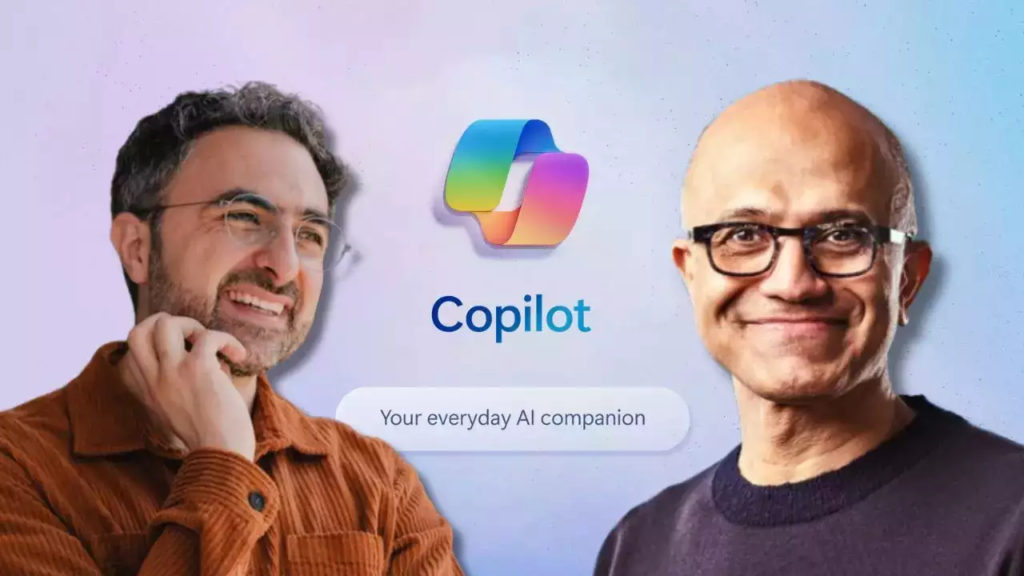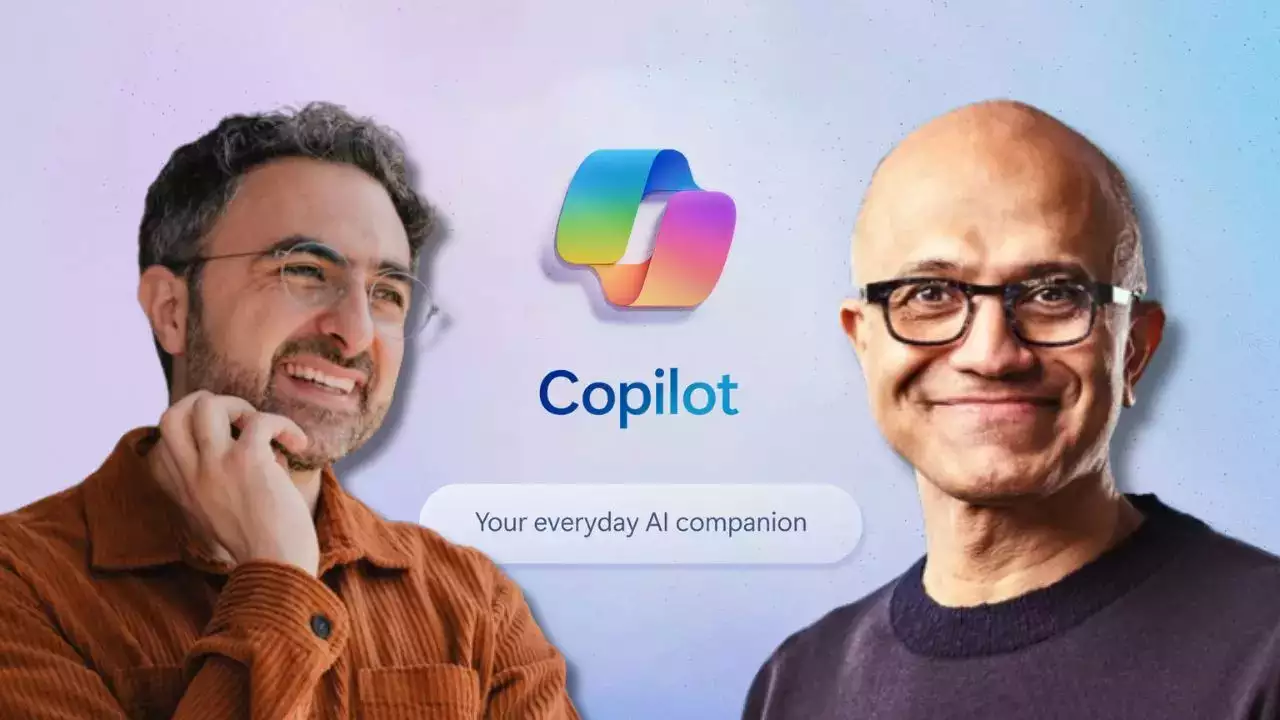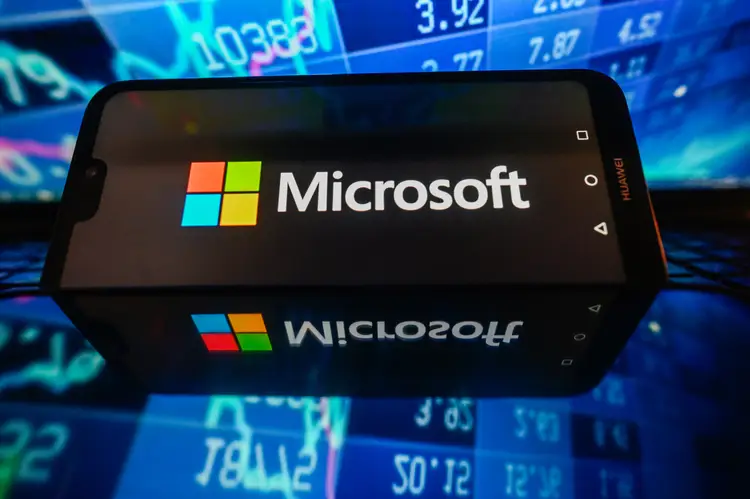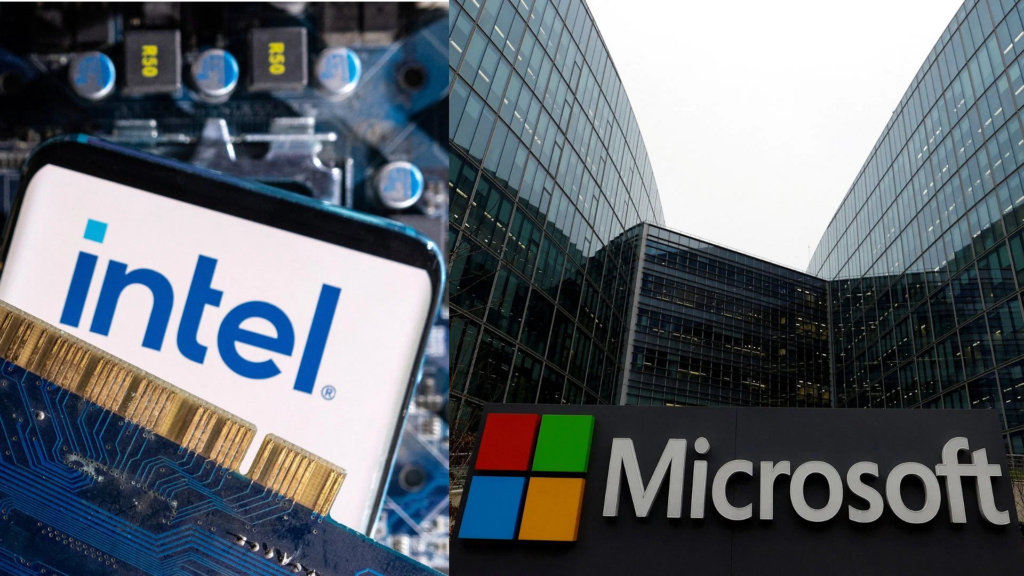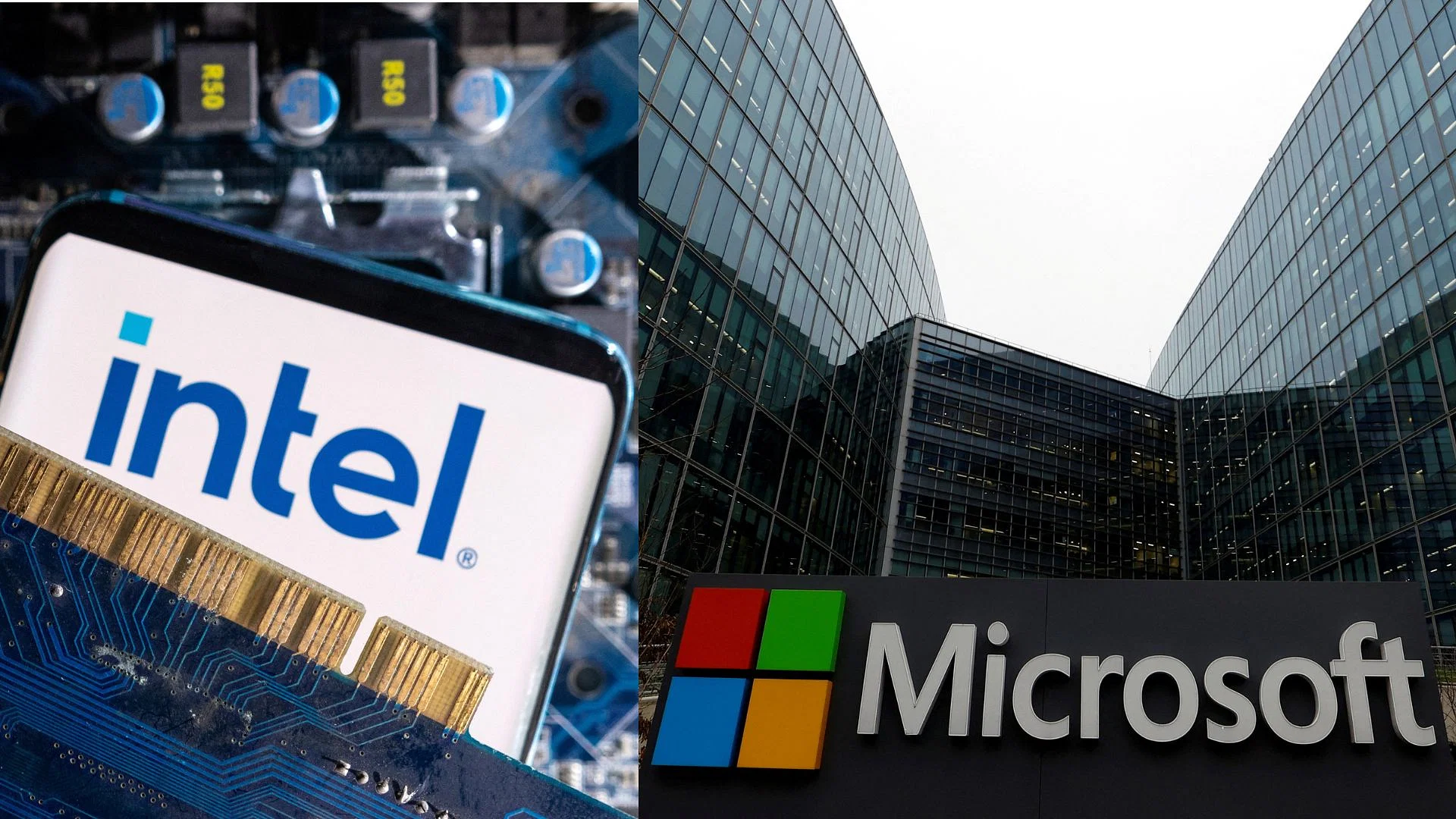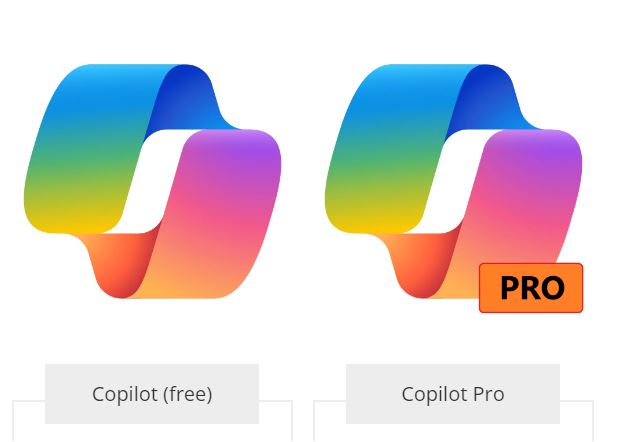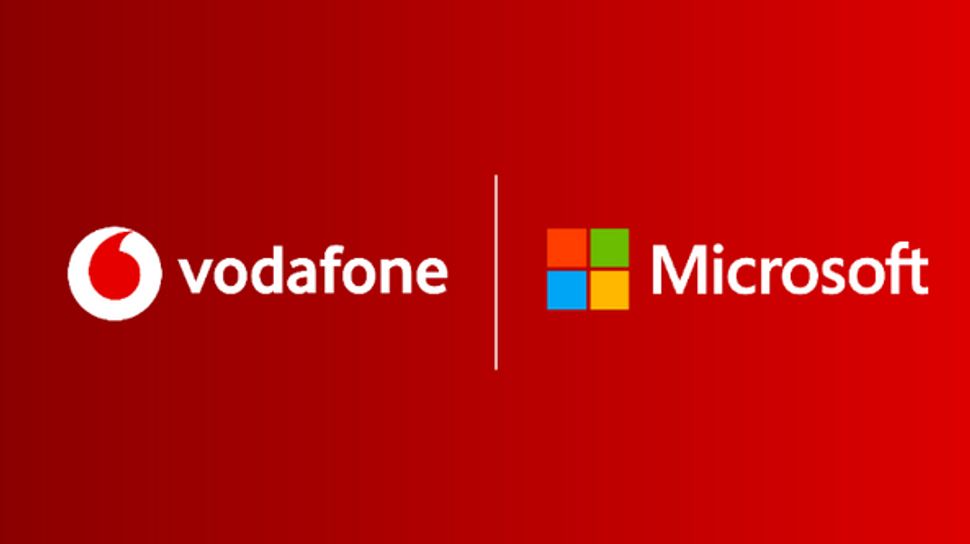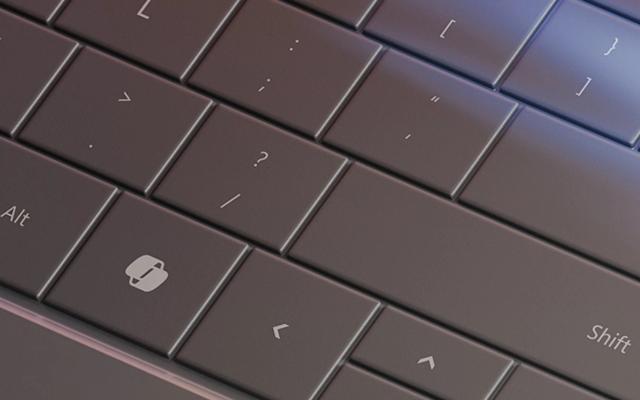microsoft
Microsoft and Intel’s Strategic $15 Billion Custom Chip Deal

I am a law graduate from NLU Lucknow. I have a flair for creative writing and hence in my free time work as a freelance content writer.
Microsoft Copilot vs Copilot Pro: Evaluating the Value of the Subscription Fee

I am a student pursuing my bachelor’s in information technology. I have a interest in writing so, I am working a freelance content writer because I enjoy writing. I also write poetries. I believe in the quote by anne frank “paper has more patience than person
Vodafone and Microsoft’s 10-Year Deal in AI and Payment Systems

I am a student pursuing my bachelor’s in information technology. I have a interest in writing so, I am working a freelance content writer because I enjoy writing. I also write poetries. I believe in the quote by anne frank “paper has more patience than person
Microsoft’s New Copilot Key is the First Big Change to Windows Keyboards in 30 Years

I am a law graduate from NLU Lucknow. I have a flair for creative writing and hence in my free time work as a freelance content writer.
